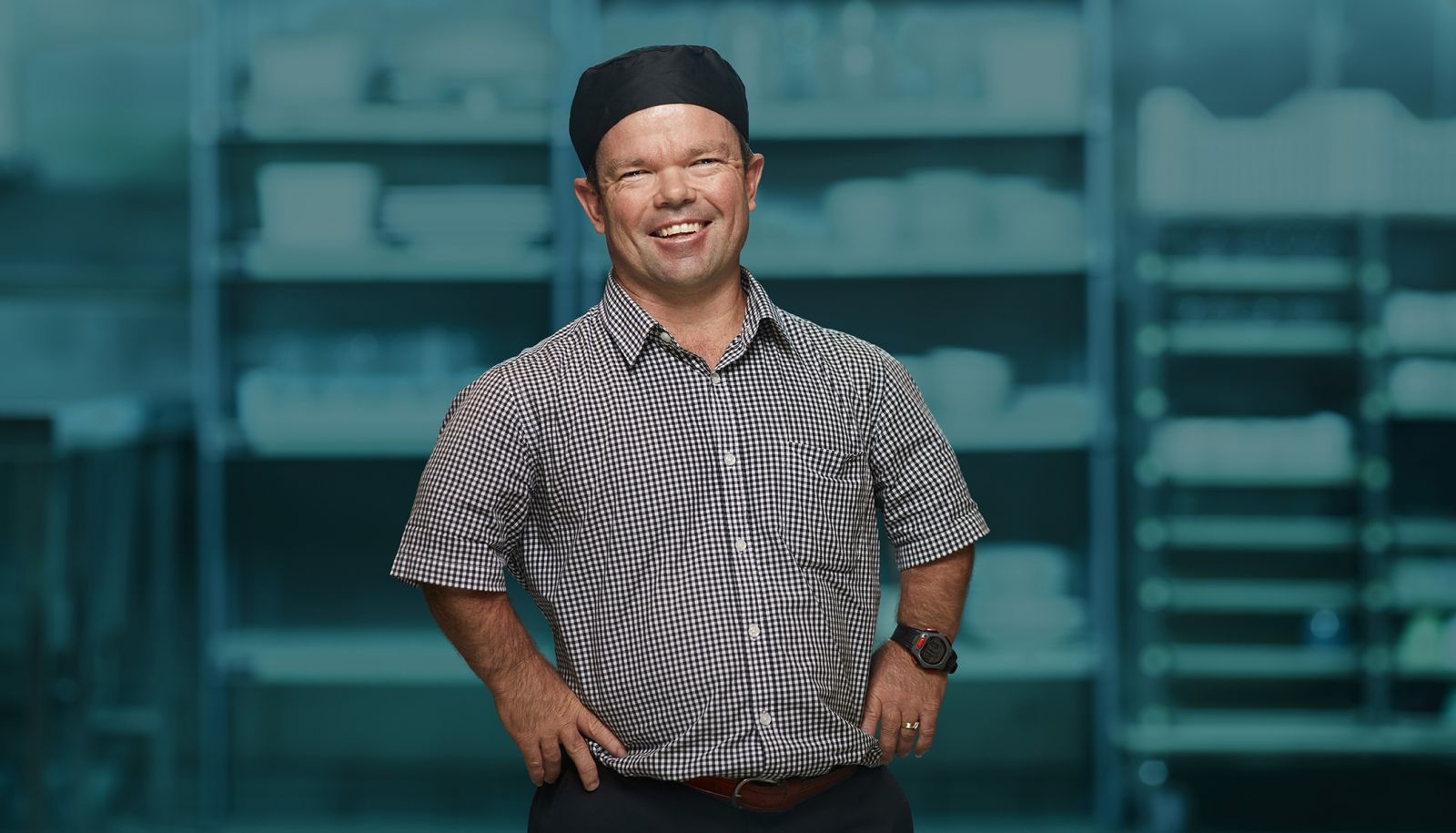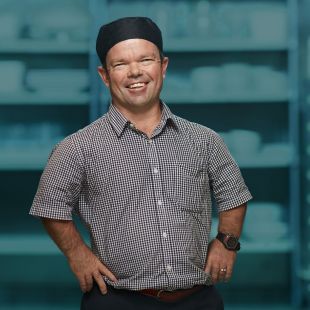How disability employment benefits big workforces

Kevin Green
Kevin Green, Cleaning Supervisor at Compass Group Australia.
For Compass Group Australia, hiring people with disability is part of their core business. That’s because if they weren’t doing it, there’s every chance they’d be missing the best person for the job.
The organisation of more than 10,000 people already boasts many employees with disability. But according to Kathy Scott, Communications Manager at Compass Group, over the past year it has become an active decision to continue accessing this untapped pool of talent.
“We work directly with Disability Employment Services (DES), who have been really great in working to understand our organisation, and partnering with us to find people suitable for the roles we have,” says Kathy.
For businesses like Compass Group, DES can work with employers to provide professional recruitment advice and job matching, help with job design for employees with disability, on-the-job or off-site support to ensure new employees with disability settle into their job, training information and awareness activities for employers and staff and a source of ready and able jobseekers with disability.
“Over the past year, we’ve hired 77 people who identify as having disability. Over that time, we’ve had a 94% retention rate – which we believe is a real sign of success,” she says.
For the people they’re hiring, being given an equal chance at recruitment can be life changing.
Take Kevin Green, who has worked for Compass Group for more than eight years. He has achondroplasia, that results in dwarfism.
When Kevin was moving to Melbourne from New South Wales, he worked with his DES provider to find work when he arrived.
“When the DES provider I worked with in New South Wales found out I was moving, they immediately wanted to help. They worked with me, another provider in Melbourne to find me the role at Compass,” says Kevin.
Now he manages six people in his team doing laundry and cleaning, and he loves his job.
“To be employed as a person with disability and to have a day to day job feels great. It’s meant I’ve had the opportunity to buy a house, and that I can keep working towards my future dreams and plans,” says Kevin.
For employers like Compass Group, building a workforce that represents your customers and clients makes good business sense.
“I’m told I’m a lovely, bubbly person. I like making the residents laugh, and I go home happy knowing I’ve helped make it a good day,” says Kevin.
Giving people with disability an equal platform to gain work offers them so much more than just the job, it provides equal access to the many personal, social and financial benefits that many people take for granted. For businesses like Compass, it means creating a diverse, inclusive workplace that better relates to its clients. It just makes sense.
Last updated:
